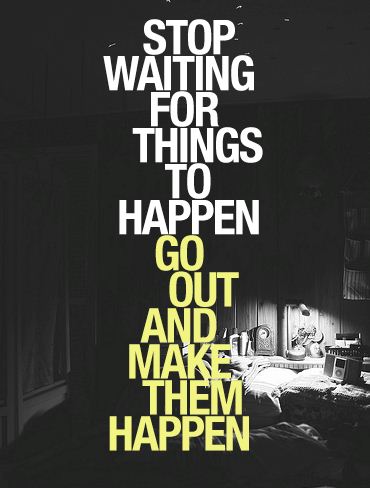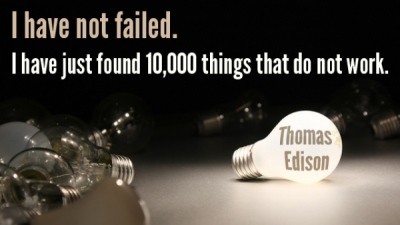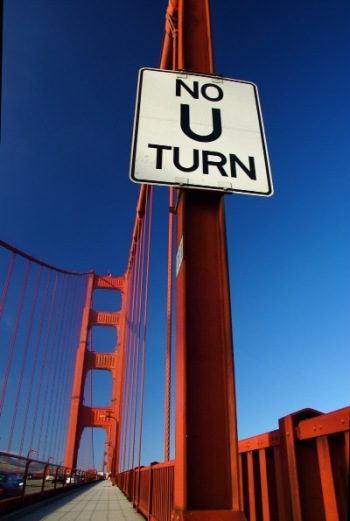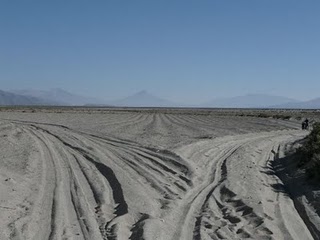“Fail harder” is a sentence painted on the walls of Facebook, and as it goes in IPO, the world reads these words with awe.
It is a concept I have been struggling with, somehow. Do I really know what it means to fail? Probably not. I don’t feel I have gone through utter, dismal failure. I’ve been pretty successful, and lucky, so far I believe. Of course I have done things that did not really work out, said the wrong thing at the wrong time sometimes, got some nasty feedback, invested time and effort into things that did not take off, not always got my priorities right. Nothing however on the level of questioning my physical integrity or putting in question fundamentally my family or my lifestyle. Quite a straightforward life. Nothing to write a juicy biography to have people cry. I have even faced my fears more than once and do stretch my comfort zone often.
Do I really know what it really means to fail then? Probably not.
Do I really need to know? Is it important? Some people say that it’s a pre-requisite for success, for finding oneself. I am not really sure. Failure is a mindset that I want to avoid.
 Isn’t it more important to take action? Do harder? Actions will not always lead to the desired result, but something will happen, unexpected, different. To some people it will be failure; to some others it will be opportunity.
Isn’t it more important to take action? Do harder? Actions will not always lead to the desired result, but something will happen, unexpected, different. To some people it will be failure; to some others it will be opportunity.
I’m pretty comfortable expanding my comfort zone while managing my risk and ensuring the comfort of my family, not taking unnecessary chances. I’ve jumped out of a plane with a parachute in free fall to stretch my comfort zone but I won’t base jump or bungee jump – not enough margins for error.
To me, one ultimate failure is to stay immobile. You can’t fail harder. You can only try harder, reach out to the world more.
The second ultimate failure is also not to weight the consequences of your acts and not managing your risk. If you’re running too close to the edge you might lose everything – and so will the world.
Avoid the two sides of failure – avoid doing nothing and avoid doing things inconsiderate. There is ample ground to stretch your comfort zone in the middle. Much larger than you might think. Actually it is amazing how much you can stretch yourself almost without any risk outside your own psychological resistance.
What will you do today to stretch your comfort zone, safely?













